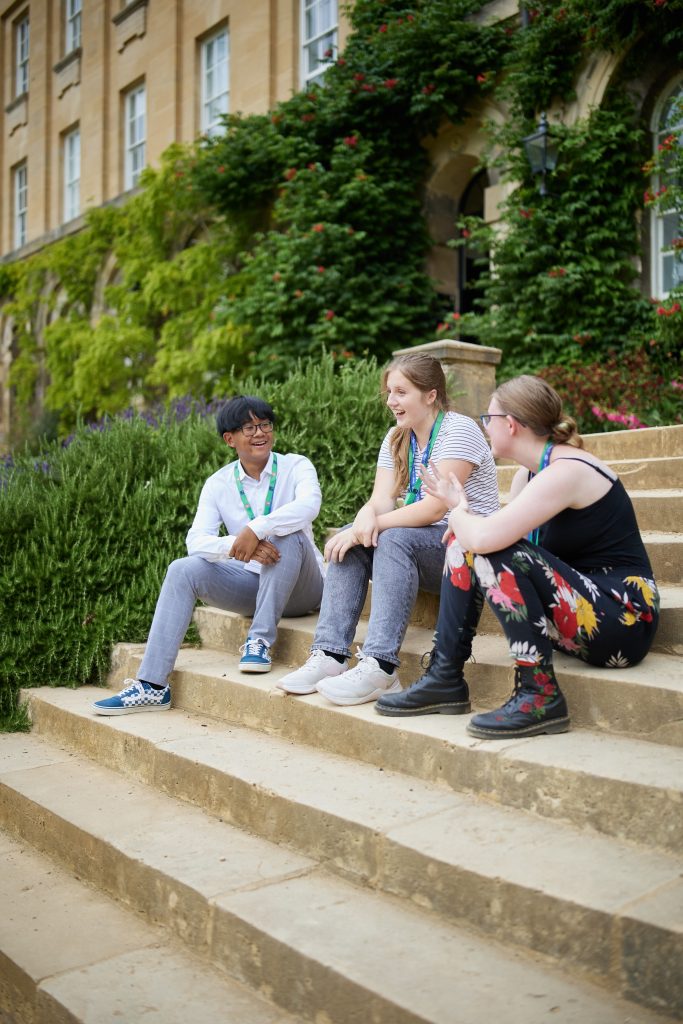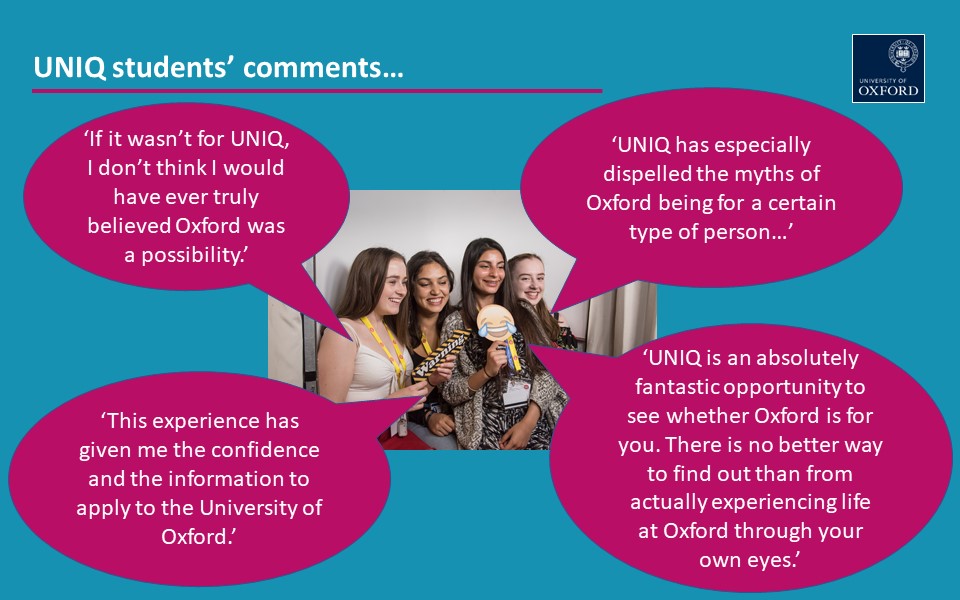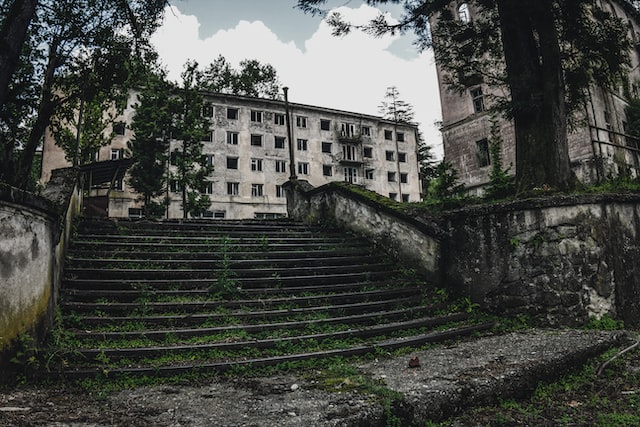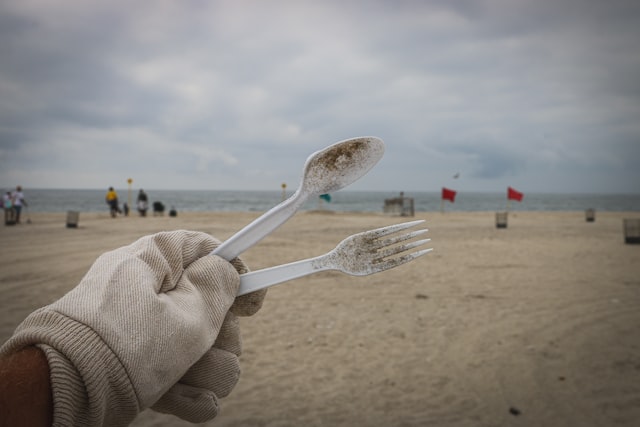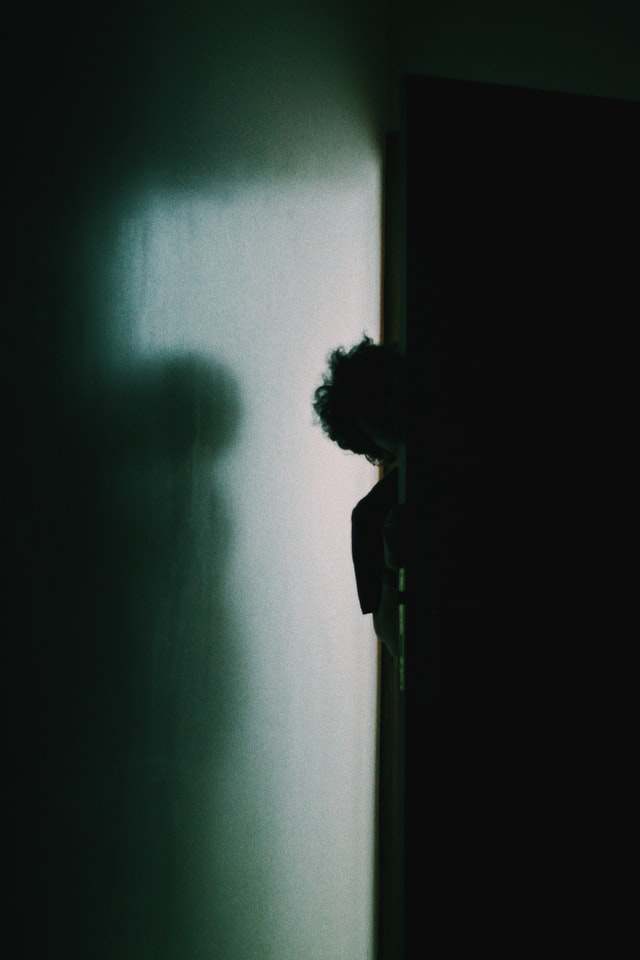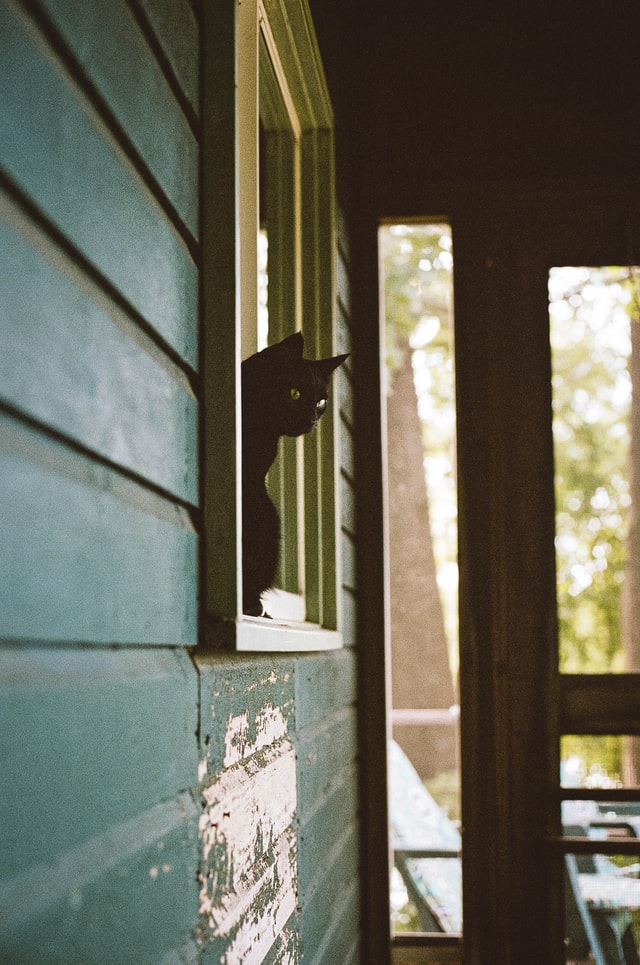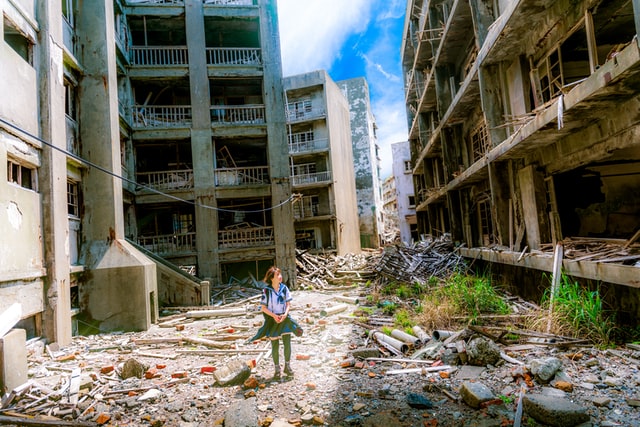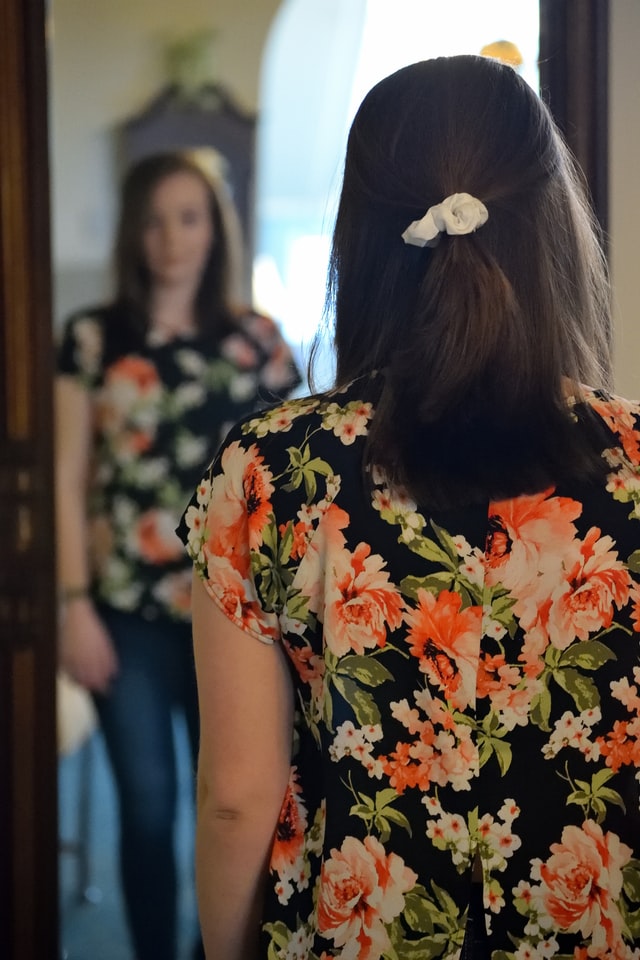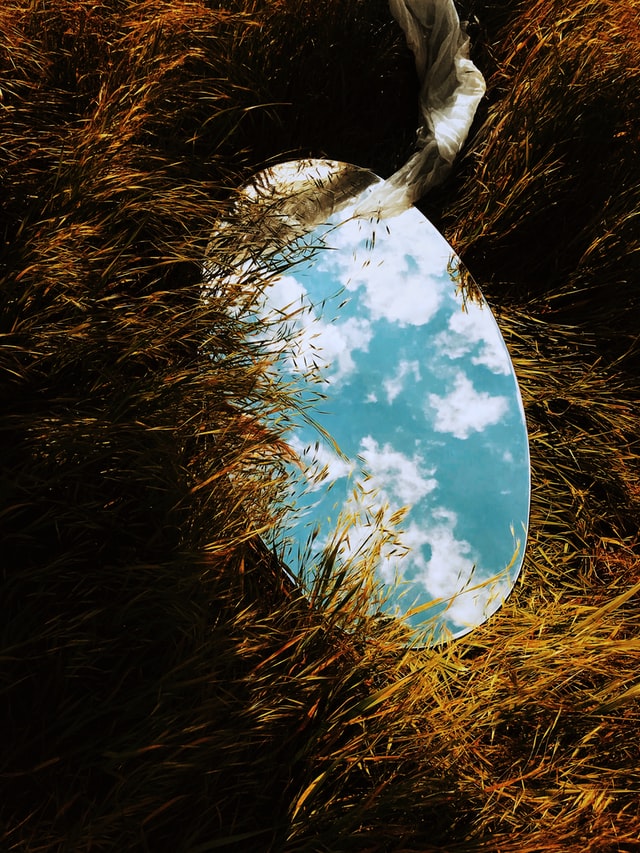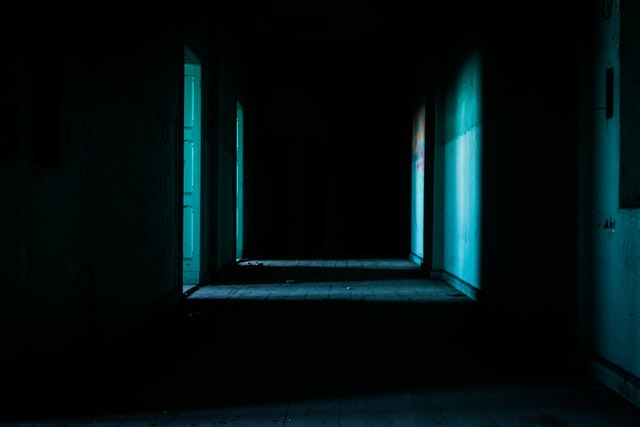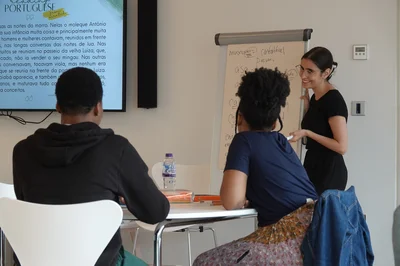Here at the Faculty of Medieval and Modern Languages, we organise and run a range of open days for prospective applicants and their parents/guardians and teachers each year. Open days are one of the best ways for students to get a real feel for a University, helping them to make informed decisions about their futures.
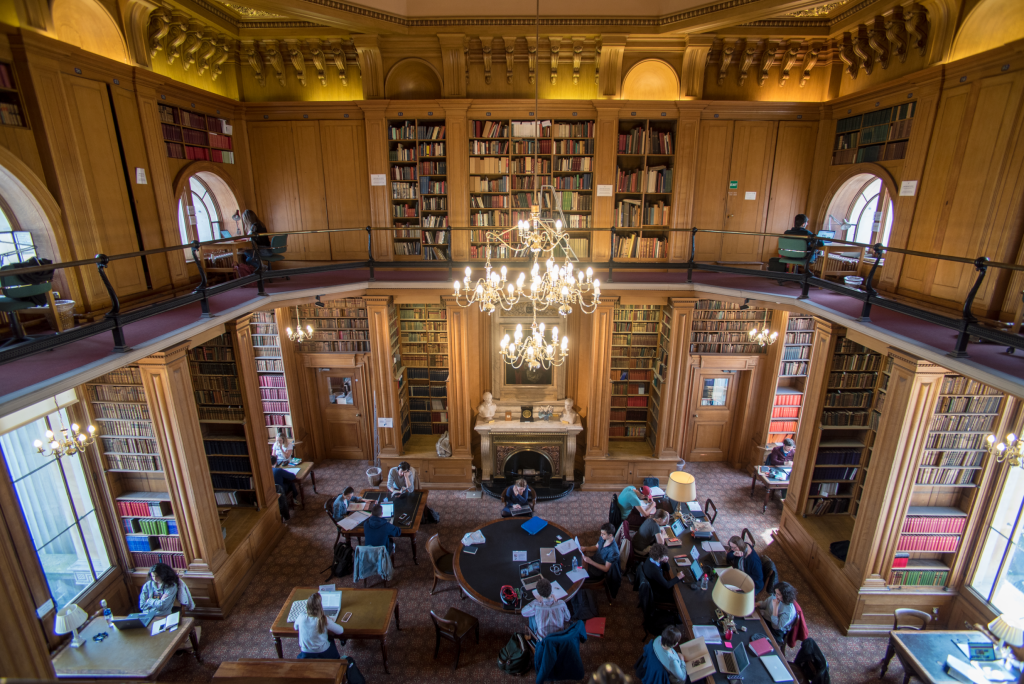
Over the course of February and March, we will be holding our language-specific open days, designed to provide greater insight into our undergraduate degree programmes. In comparison to our wider open day later in the year, language-specific open days are smaller and more focused in their scope, allowing more time to explore a subject in depth.
For example, the German Open Day offers an introduction to German film, German linguistics, and different types of German literature. On the Spanish and Portuguese Open Day, our wonderful academics will provide an introduction to Transatlantic Iberian Culture and attendees will get the chance to learn Portuguese in 15 minutes.
So, if you’re thinking about applying to study languages at Oxford, or want to find out more about a particular course, these open days offer a wonderful opportunity to meet some of our tutors and current students, come along to academic taster sessions which will give you a flavour of what it’s like to study languages, and ask lots of questions.
Below are the details of our 2023 language-specific open days. You will need to book a place at these events, which you can do via our open day website, where you will also find the event programmes.

*Our German Open Day has been designed to be accessible for students considering beginners’ German. From this year’s admissions cycle, applicants can mix Joint Schools subjects with beginners’ German, so if you’re considering a degree in English, History, Philosophy etc., why not come along and try out some German!
You may have noticed that there is no specific open day for French: students interested in French should attend the Faculty’s main open day later in the year or one of the University open days in June or September. Keep your eyes peeled for more information about those events in future blog posts.
We look forward to having you along to our language-specific open days – don’t forget to book your place!
While you’re here: a reminder that applications to our 2023 UNIQ programme are still open! You can read more about this fantastic opportunity for UK state school students in last week’s blog post, or head to the website for further information.


